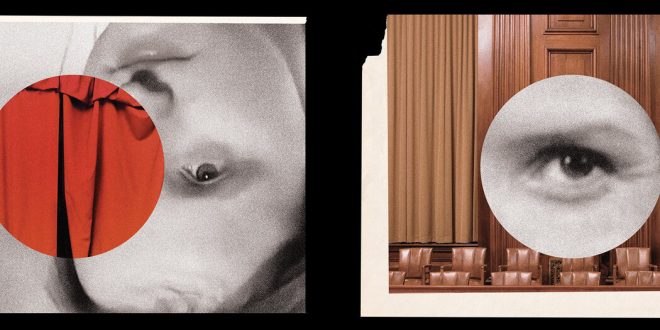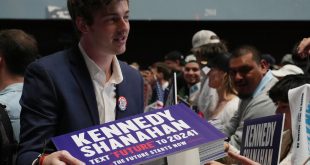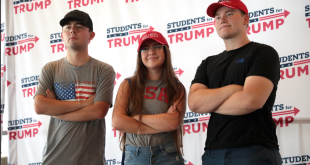But what if that’s not actually true? This has become a persistent question over the last decade, as a confluence of politics, culture and information technology has turned the internet into a vast and inescapable showcase of human fallibility. We now have access to terabytes of hacked emails from campaign operatives and corporate executives, text messages from F.B.I. agents and White House staff members, police body-camera footage, media companies’ leaked Slack archives and social media networks that enable the reputational self-immolations of everyone from tenured academics to local school-board members.
Americans have been losing faith in public institutions for decades, but it’s possible to lose faith in them without losing a sense of their stature. What’s newer is the loss of mystique. Sometimes the revelations in all that data involve shocking crimes and abrogation of public trust. Sometimes they are subtler, showing common pettiness and poor judgment. But even at their most benign, they confront us with the very ordinariness of people, which may be the most profound revelation of all: that every marble-columned facade of public life is propped up by individuals killing half an hour before lunch watching dumb viral videos and texting “lol” to their co-workers. We’ve always known that, maybe, but not with the relentless specificity with which we know it now.
Is this demystification really so bad? Institutions, after all, reliably use mystification to escape accountability and oversight. The hypersecrecy and swashbuckling aura of the Central Intelligence Agency have always earned unwarranted deference from presidents and Congress toward what is, in reality, a largely deskbound and often error-prone bureaucracy. And reformers have long criticized the grand-jury system, arguing that the closed proceedings grant prosecutors unfair control and subtly encourage jurors to see them as partners. Trump’s attorneys have noted that Kohrs, at least once in her interviews, appears to say “we” in reference to the prosecution.
At the same time, it is difficult, in any fair viewing of Kohrs’s interviews, to see serious evidence for the claim that she went into the proceedings with a bias against Trump. And she seems to have been genuinely taken with the civic compact of jury duty: the undeniably weird alchemy of placing decisions of great important to current events in the hands of people selected precisely because of their lack of engagement with such things. “Instead of anyone else,” she told CNN, a hint of wonder in her voice, “they chose to get 16 random people.”
Of course, that’s always how it works. What’s more surprising is how easy it is, in spite of everything we know, to forget it — to catch yourself believing, or wanting to believe, that behind the curtain, someone besides us is in charge.
 Top Naija News: Nigerian News, Breaking News Nigeria and World News Top Naija News is a daily news publication in Nigeria, delivering the latest breaking news in Nigeria and around the world.
Top Naija News: Nigerian News, Breaking News Nigeria and World News Top Naija News is a daily news publication in Nigeria, delivering the latest breaking news in Nigeria and around the world.




